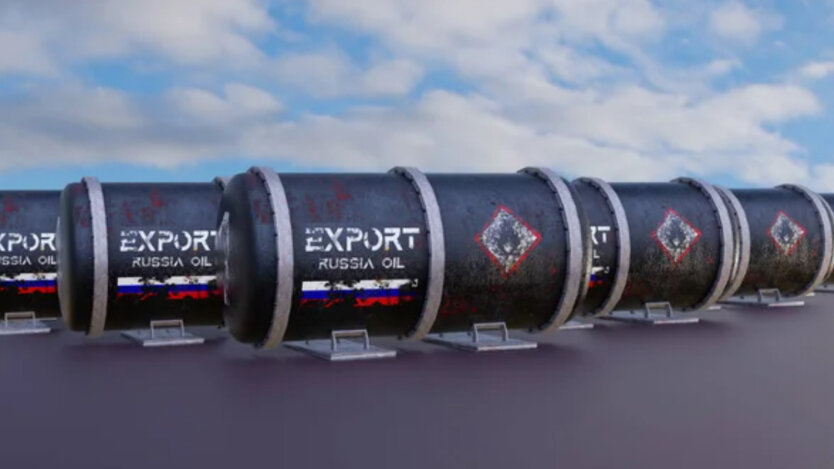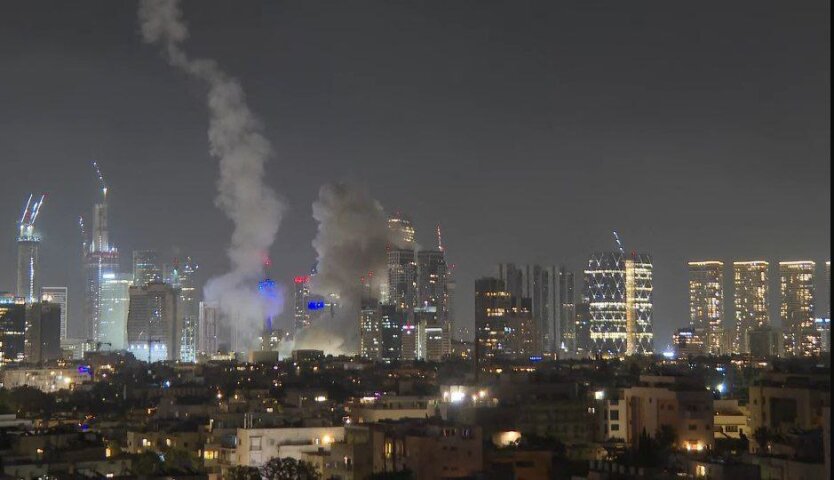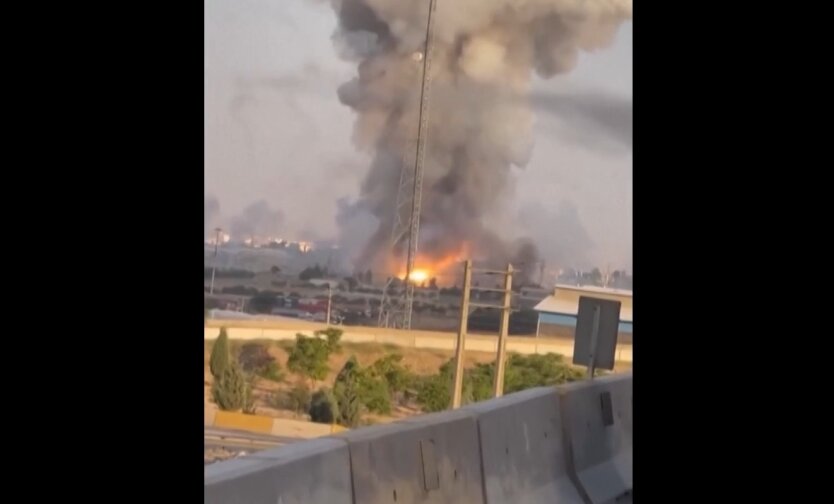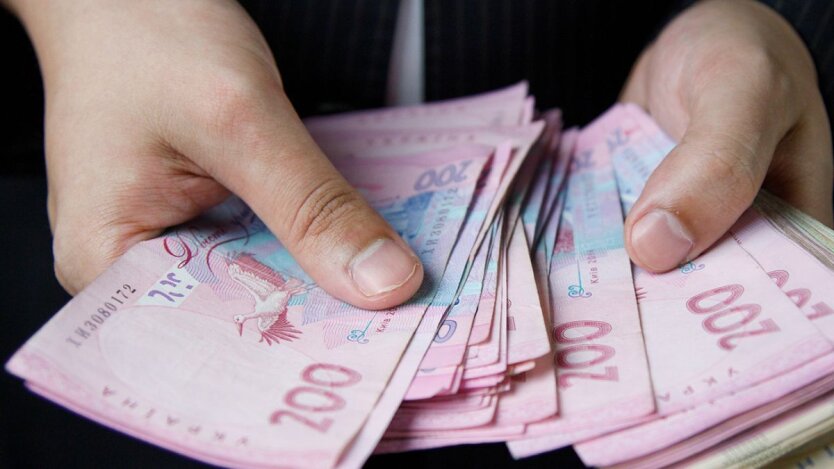Reuters learned whether G7 can lower the price threshold for Russian oil.


The G7 countries are considering lowering the price of Russian oil
G7 leaders may lower the price of Russian oil. According to Reuters, most countries in the Group of Seven are considering reducing the price threshold for Russian oil from $60 to $45 per barrel. This move is supported by the European Union, the United Kingdom, Canada, and other EU countries that are members of the G7.
It is planned that the leaders of the G7 countries will meet in June in Canada to discuss this initiative. Previously, price restrictions on Russian oil were established to support sales on the international market, but due to falling prices, they require adjustment.
'European countries insist on lowering the price threshold for oil from $60 to $45. There are positive signals from Canada, the United Kingdom, and possibly Japan. We are using the G7 to try to draw the attention of the United States,' explained one of the sources.
To make a decision on lowering the price threshold, the agreement of all participating countries is needed, which may take some Time. Currently, the price difference between Russian Urals oil and the benchmark Dated Brent price is about $10 due to the fact that futures contracts for Brent are held at levels below $70 per barrel since April this year.
Representatives of the G7 countries are considering the possibility of lowering the price of Russian oil to support sales on the international market. Discussions of this initiative are planned for June this year in Canada. Currently, price equilibria require adjustment to meet the current conditions of the oil market.Read also
- Iran launched over 100 ballistic missiles at Israel: video
- In Ukraine, the rules for obtaining subsidies have changed: who will be 'forgiven' deposits and debts
- Israel launched a new wave of strikes on Iran: key military commanders reported dead
- PFU surprised with figures: how payments were distributed to Ukrainians
- Gas prices in Europe soar amid Israel's strikes on Iran: worst-case scenario named
- The usual student document is changing: what surprise awaits students in Poland










